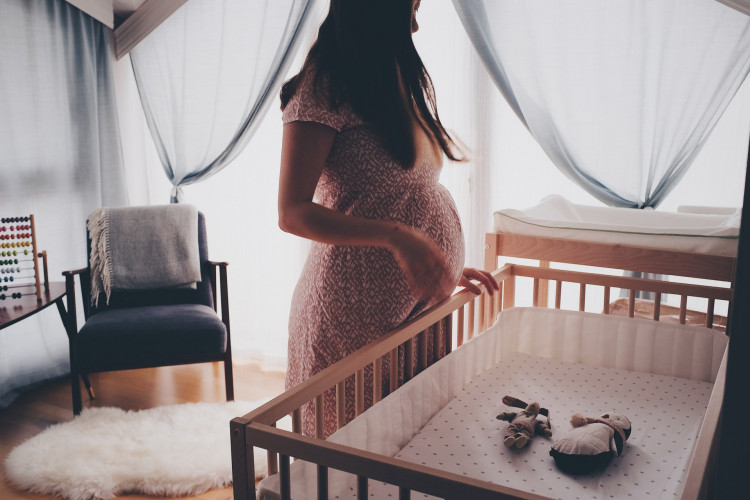After China's population dropped for the first time in sixty years last year, a member of the highest political advisory body in the country stated that she would propose allowing unmarried women to access egg freezing as a measure to preserve their fertility. This comes after China's population dropped for the first time in sixty years.
In an interview with the state-run Global Times, Lu Weiying, a member of China's highest political advisory body, stated that she would also propose including infertility treatments in the public health insurance system at the upcoming Chinese People's Political Consultative Conference (CPPCC), which will begin on Mar. 4.
The recommendations made by Lu come at a time when the government is attempting to increase the birth rate by providing incentives such as increasing the amount of time that women are able to take off for maternity leave, increasing the financial and tax benefits associated with having children, and providing housing subsidies.
It is possible for unmarried women "to preserve the eggs before they pass their peak reproductive years" according to Lu, a fertility expert practicing in the southern province of Hainan in China.
"The woman still needs to get married if she wants to use her frozen eggs and get pregnant in the future," she told the Global Times.
In China, unmarried women are prohibited from undergoing reproductive procedures such as in vitro fertilization (IVF) and egg freezing at this time.
China's birth rate dropped to its all-time low of 6.77 births per 1,000 residents last year, marking a new record low.
China's fertility rate of 1.18 in 2022 was the lowest and was much below the 2.1 OECD norm for a stable population. This is in contrast to the situation in nine of the world's ten most populous nations, all of which are seeing decreases in fertility rates. The fertility numbers for 2022 in China are not yet available to the public in an official capacity.
In an effort to improve their low birthrates, a number of provinces have already revised their policies. Although Jilin in northeastern China, which has one of the lowest birth rates in the country, updated its guidelines in 2002 to permit single women to obtain IVF, the change has had little impact because the practice is still banned nationally under the country's National Health Commission.
The one-child policy that was in place in China from 1980 to 2015, combined with the country's expensive educational system, is largely responsible for the country's declining population.






